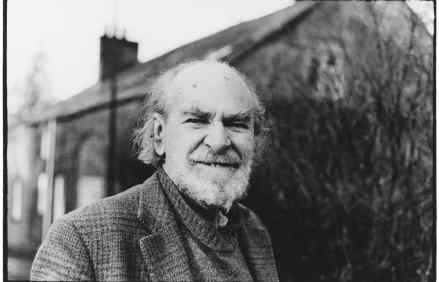Rupert Murdoch has nothing to fear from me
Harvard man Russell Seitz has sent me an extraordinary present as an object lesson in ‘what a magazine should be in case you start another one’. The paper has yellowed and is dog-eared, pages are falling out and the print is faint. But the Transatlantic Review, Vol. 1, No. 1, dated January 1924, is a joy to behold. Mind you, we were already almost 100 years old when Ford Madox Ford first edited TTR in Paris. And that’s what I told my friend Russell. Anyone who writes for or reads The Spectator is not likely to be impressed by other publications, but this does not include a posturing peacock from




